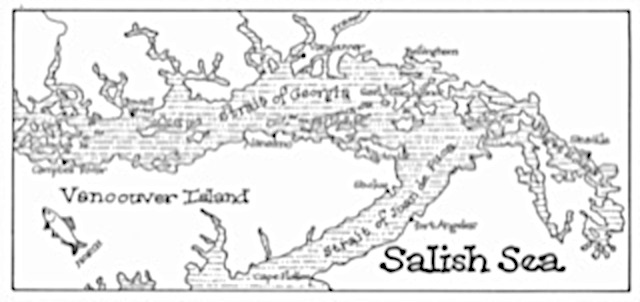By FW Gordon and FW Sean
On the last Saturday of January a small crowd of workers gathered at the Silverdale public library to watch and discuss “The Wobblies,” the 1979 documentary about the early years of the IWW. After we read the preamble to the IWW constitution, FW Phil introduced the film to the crowd with an education on the early days of the IWW. He covered our role in the founding of the ACLU, the history of the Little Red Songbook, the free speech fights, and early Wobbly tactics. FW Phil closed the introduction by asking the workers gathered to consider how the conditions and tactics differ between today and the years before World War 1.
Afterwards we discussed solidarity unionism and the film. For over half of the workers present, the film and material was new. So there was a sense of excitement and shock–excitement about the power of solidarity and song, shock in reaction to the brutality of the police and capital. Something new to most Washingtonians is the heart-wrenching Everett Massacre testimony by survivor FW Nels Peterson.
The audience’s favorite moment from the doc was FW Irma Lombard’s tale of being arrested at a picket and later refusing a date with one of the arresting cops saying to the offeror “I’m sorry but I don’t go out with cops.” Times have changed over the last century, and the union has changed over the last hundred years. Back then workers could strike in many languages seemingly overnight which also took long-term organizing. Today we have a top-notch organizer training program and a growing union developing new leaders and tactics every day.
The film is filled with anecdotes like the IWW infiltrating a scabbing employment agency, booting the scabs, and showing up on the job singing IWW songs, having thwarted the boss. The Wobblies is an education on the rebel spirit we should always seek to hold and foster. We’re the people wholly dependent on income to survive, who’ve had it, and we’re all leaders in the singing union leading the way forward in the fight against capitalism.
Towards the end of the discussion a worker mentioned how excited they were to learn of the prominence of women in the IWW. Elizabeth Gurley-Flynn’s quote “The IWW has been accused of pushing women to the front. This is not true. Rather, the women have not been kept in the back, and so they have naturally moved to the front,” elicited joy from those fellow workers looking to lead, to stop being held back. That’s the power of the IWW. We’ve always been and always will be a worker-led organization and women will always be among the leaders. Here’s to our rebel femmes, we can’t do it without you, and to another few months of agitating along the banks of the Salish Sea.
